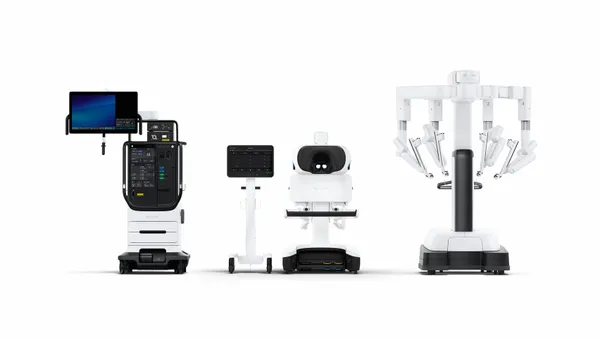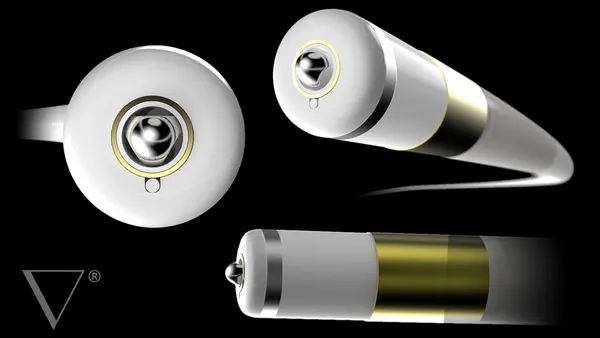Dive Brief:
-
The United Kingdom is stepping up its preparations for a no-deal Brexit as it approaches the final week before exit day, ostensibly March 29. The timing is in doubt though amid a political firestorm with Prime Minister Theresa May pleading with the EU for more time, but lacking political backing for any deal in Parliament.
-
The ongoing political impasse in the U.K. is forcing businesses and regulators in both camps to intensify preparations, for example by providing advice on registering devices in a no-deal scenario.
-
However, the industry fears the contingency measures will prove insufficient, with one device trade group warning of disruption to the supply of critical medical supplies across Europe.
Dive Insight:
Bookmakers slashed the odds of a no-deal Brexit this week as the U.K. struggled to identify a way out of its current predicament. There is no majority in parliament for the deal agreed with the European Union, nor is there a willingness in government to request a long delay to Brexit to buy time to find a consensus. Unless one of those factors changes, the U.K. will leave without a deal in eight days time.
May is in Brussels on Thursday to plead for a three-month delay, though it seems doubtful EU leaders will agree, let alone get Parliament to go along.
The prospect of a no-deal exit has alarmed businesses in the U.K. and the remaining 27 EU member states. Earlier this month, trade group MedTech Europe wrote to two EU commissioners to warn that "the industry may not be able to ensure continuous delivery of critical medical supplies to healthcare systems." The warning is based on the big role U.K. notified bodies play in the certification of devices sold in the EU.
MedTech Europe estimates up to 40% of medical devices sold in the EU are certified by U.K. bodies. In some sectors, such as orthopaedic implants, U.K. notified bodies certify around two-thirds of all EU devices. Manufacturers have transferred some certifications to notified bodies based in other EU countries but MedTech Europe thinks the European Commission must act to ensure ongoing supply.
The U.K. faces its own challenges. In a no-deal scenario, all devices sold in the U.K. will need to be registered with the Medicines and Healthcare products Regulatory Agency (MHRA). MHRA shared more details on this process this week.
The agency wants manufacturers to prepare for the registration of their products by compiling lists of the devices they plan to submit to the agency. Manufacturers should include the generic name of their devices and associated CE mark certificates.
If the U.K. leaves the EU without a deal at the end of next week, manufacturers will have four months to register high-risk medical devices. MHRA wants manufacturers that intend to register high-risk devices to email it. The agency will then follow up with more information.
MHRA's preparations are advancing in parallel to a broader U.K. no-deal contingency initiative called Operation Yellowhammer. The initiative, which is set to be fully enacted on Monday, includes actions intended to ensure the uninterrupted supply of medical supplies into the U.K. The government has set up a logistics hub in Belgium and pre-booked capacity on shipping routes into the U.K. to bypass disruption at the border. If it comes to it, the U.K. will prioritize medical supplies over food.











